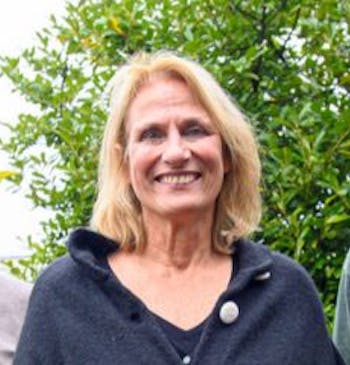How water scarcity fuels innovations

In Mali, the Green Desert Initiative is being rolled out. Step by step, green zones are being created and the whole community is working together to restore nature, improve agriculture and retain water. It gives younger generations perspective on the future. And that makes this a great project that matches Wilde Ganzen’s vision.
In central-western Mali, climate change is having a major impact on people and nature. The desert is advancing rapidly here. The people of the Dogon live in a variety of villages near a cliff where their farmlands are located. The Peul people make a living from cattle ranching in the plains. Both agriculture and animal husbandry are hampered by the encroaching desert. Metre-high sand dunes are formed, spreading out over the farmlands and dampening the shallow lakes. The people watch as the persistent sun and drought scars and withers their fertile soil. This threatens their livelihoods. Access to water and food, health and mobility: it is all declining rapidly. This causes conflicts. Young people no longer see any prospects in their hopeless existence and are therefore susceptible to the lure of terrorist organisations.
No water pump without an owner
It is therefore nice to see motivated young people addressing these problems. They united to form Association Dogon Initiatives (ADI). The commitment of the team is high. They work for their own people and for their own future. “We don’t help, but we facilitate people to address the problem at its roots themselves,” is what the staff say. “Local leadership is the key to sustainable change. There cannot be a water pump without an owner, no school building without a good education system.”
Tackling problems at the roots
That is also how the Green Desert initiative was born. The scarcity of green fertile land puts a lot of pressure on the community. But thanks to their resilience and cooperation, residents know how to turn the situation around and does scarcity lead to an innovative approach. The people themselves came up with the solution to make the desert green again. After all, that is where the source of the problem and therefore the solution lies. The aim of the Green Desert Initiative is to increase the chances of a sustainable livelihood for the local communities in this area. And they do that with measures that reinforce each other. For instance, four hectares of forest are planted every year, as trees and bushes prevent erosion, roots retain water, and the shade of leaves counteracts evaporation. This creates long-term green areas and a better ecosystem for agriculture.
Erosion control
Erosion is a major problem. During rainy season, large amounts of rain fall in a short period of time, washing away sand and affecting fields. Sandbags are used to combat erosion. This gives the water time to replenish the underground supply. ADI supplies the material; the population carries it out.
Positive spiral upwards
By introducing wood-saving ovens, trees are being used sparingly. And by boosting agriculture, residents get healthy food and an income. All these measures improve living conditions and therefore reduce conflict. And it also prevents people from moving to the cities or migrating to Europe.
Long-term vision encourages cooperation
Step by step, people thus work together towards their long-term dream: peace, a dignified existence for all and a healthy piece of earth on our planet. ADI, together with the Dutch organisation Partners Pays Dogon and Wilde Ganzen, facilitates this local cooperation towards this beautiful objective.
We all realise that this will take time. However, in the end, this broad approach is the best solution. Wilde Ganzen is therefore happy to invest in this kind of long-term initiatives. We are convinced that projects that stem from a clear community desire as well as are set up and maintained by neighbourhood organisations have a great chance of succeeding. It paves the way for organised women’s groups, effective education, a healthy landscape and functioning agriculture and cattle breeding. In a country like Mali with its complex problems and extremist violence, these small rays of hope are of great importance.
